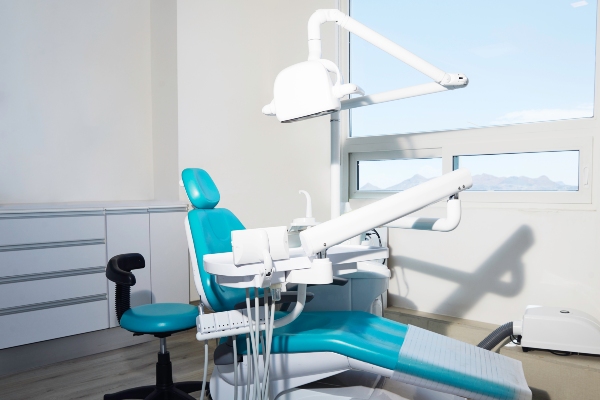Managing Your Dental Emergency Until You Can See a Dentist
Dental emergencies happen. When they do, it can be hard to keep your cool. The situation can be stressful and scary. If you prepare yourself with knowledge, you may be able to handle a dental emergency with more ease. To keep you calm and knowledgeable in an emergency, check out these tips.
The Importance of Calling Your Dentist
The most important thing you can do in a dental emergency is to call your dentist. While it’s important that you know how to handle things on your own, a dentist can give you professional advice. They can tell you exactly what actions you need to take to be as safe as possible.The sooner you
call a dentist, the sooner you can go in for help. You shouldn’t put off the inevitable; it might cost you your teeth. As soon as you can, get an emergency dentist on the phone.
It’s not always possible to get help immediately. If you can’t get to a phone right away, there are a few things that you can do to help the situation. Learn what you can do to handle the emergency in the safest way.
The Scenarios
Some people handle dental emergencies with herbal remedies, cold-packs, and more. But you need to be careful. Some remedies can make the injury worse. Here are a few examples of dental emergencies, with an explanation of how you should handle them.
1. A knocked out tooth
In children with baby teeth, a knocked out tooth requires immediate help. Do not try to put the tooth back into the socket. You could end up doing more damage. However, what you should do is get the dentist on the phone. Only an experienced professional can tell you how to handle this serious situation. While you should rush to call them, you should also stay calm. Try not to let your child see how upset you are, or your child may react poorly.For adults, a knocked out tooth is also a serious problem. However, it’s a little different from losing a baby tooth. In order to save your tooth, you need to preserve the root. You need to protect the root as much as you can, or you limit the chances of it going back into its place.The first thing you need to do is rinse it off. Milk works best, but water is a substitute. As you rinse it off, be sure to hold the tooth by only the crown. Touching the root can do damage. When it’s clean, try to place it back into your socket. If it goes in easily, leave it there. However, don’t force it in. If you can’t get it into your socket, store it in a glass of milk. Once again, you can substitute the milk for water. All of this should be done after you speak to an emergency dentist. You need to get to the dentist as soon as possible to repair the damage.
2. A tissue injury
Any injury inside your mouth is a
tissue injury and requires immediate help. If you have an accident and cut the inside of your mouth, you need to rinse the area with warm water. After the area is clean, you may consider taking acetaminophen for the pain. However, avoid aspirin. Aspirin and ibuprofen thin your blood and can make the bleeding worse.If the cut is on your tongue, you can use gauze to slow the bleeding. But in any type of tissue injury, you need to get to the dentist.
3. Swelling
Any type of swelling inside your mouth is a bad sign. It indicates infection, which requires a dentist’s help. While you might be tempted to ease the pain of swelling with a hot compress, you shouldn’t. The heat can make the infection spread quicker.Waiting to deal with swelling can be a big mistake. The sooner a dentist sees you, the sooner he can help you fight the infection.
4. A toothache
If you have a pain in your mouth, you can take aspirin. But you should be careful. First of all, aspirin isn’t a permanent solution. It may dull your pain, but it doesn’t fix the problem. Secondly, you need to be sure the aspirin doesn’t touch the painful area in your mouth. If it does, the aspirin can do more damage than good. Another quick-fix is garlic. Take a clove and place it near the area of your mouth that hurts. It may dull the pain, but has the same drawbacks as aspirin.If the pain is severe, you need an emergency dentist. No amount of painkillers could get the job done. While aspirin is a quick-fix for pain from a minor toothache, nothing fixes the problem like a trip to the dentist.
Handle a Dental Emergency With Composure
Although it’s easier said than done, do your best to handle your dental emergency with composure. Stay calm and call the dentist as soon as you can. When you do that and follow these tips, you may be able to prevent further damage. Your quick action and knowledge may be enough to save your tooth. And it may be enough to get you through the emergency safely.

